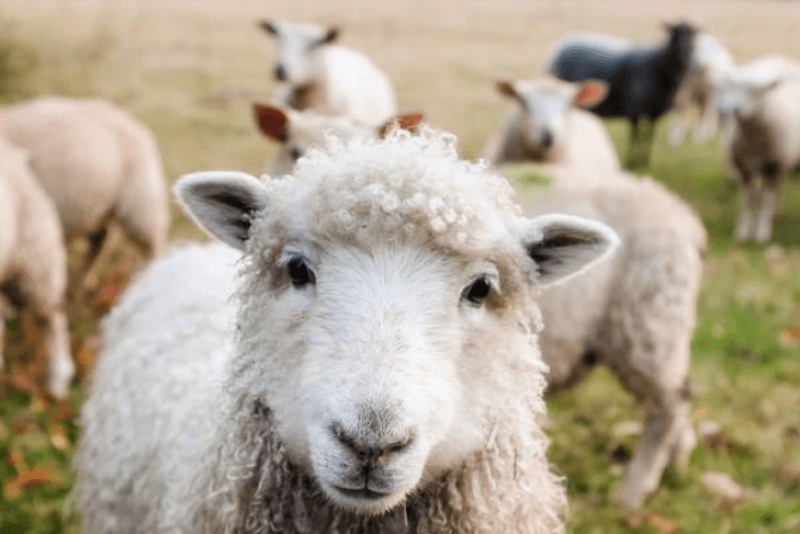A flock of gene-edited sheep has been used by scientists to pinpoint a promising treatment for a lethal inherited brain disease that afflicts young children. The researchers, based in the UK and US, say their work could lead to the development of drugs to alleviate infantile Batten disease.
In the UK, Batten disease affects between 100 and 150 children and young adults and is inherited from two symptomless parents who each carry a rare recessive gene mutation.
Children who carry two copies of this faulty gene begin to suffer loss of vision, impaired cognition and mobility problems. Seizures and early death follow.
Researchers first began experiments, working with colleagues at Collaborations Pharmaceuticals, which showed mice affected by one form of Batten disease, known as CLN1 disease, could be treated with a missing enzyme.
…
Answers were provided by experiments on a half-dozen sheep bred from the Roslin flock with two faulty CLN1 genes. These showed many hallmarks of the disease that affects humans. By calculating an appropriate dose and the route to deliver it to brains of sheep, improvements in their disease could be observed by the team, whose research is published by the Journal of Clinical Investigation.
The results are promising, say the scientists, but they stress several years’ research will still be needed to optimise treatment.































